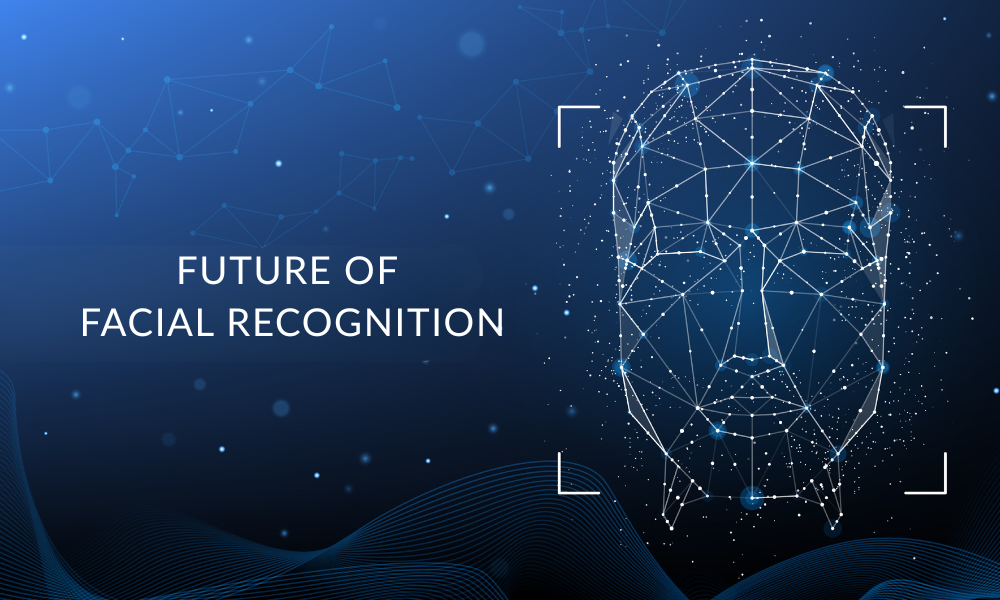To understand how is artificial intelligence transforming eCommerce, we need to look at AI as more than a novel technology used for its cool factor. AI implementation has the potential to impact a wide range of business functions.
Understanding AI can help us understand how it might affect the business. AI is a broad term that includes data mining, NLP, and machine learning. Data mining collects both current and historical data to make predictions. NLP aims at human-computer interaction. It interprets the natural human language with computers.
Machine learning is the process of using a collection of algorithms. These algorithms solve problems by applying past experience or providing examples. Deep learning entails layering algorithms to gain a better understanding of the data.
AI technology has matured over the last few years. It has become a powerful tool for increasing sales and optimizing operations. Many small e-commerce businesses are also utilizing AI-enabled technology.
Benefits Of Using Artificial Intelligence In Ecommerce
Targeted Marketing And Advertising
Deep personalization techniques are now possible. This is thanks to advances in AI and machine learning. You can zero in on what your customers want. You can analyze big data from purchase histories and other customer interactions. It can deliver the message that will most resonate.
Enhanced Customer Retention
Delivering targeted marketing and advertising messages for their customers can help maintain customers. Omnichannel personalization strategies have the potential to increase revenue and retention.
A critical component of personalization is building better data and insights on customers. It's an asset that also generates extra value across the value chain. The ROI for personalization can soon outpace that of traditional mass marketing."
Seamless Automation
Automation's goal is to complete a task with as little human intervention as possible. This ranges from scheduling emails in a CRM or marketing tool to automate tasks or leveraging advanced technology to aid in hiring.
But, considering future e-commerce trends, some of the most discussed today are robotics and machine learning. AI can play a significant role in assisting you in automating repetitive tasks. Product recommendations, loyalty discounts, low-level help, and other jobs can all be automated with AI.
A Successful Sales Process
By gathering data about your customers, AI can help you create a more efficient sales process. It can automate follow-up abandoned cart inquiries and more. You can assist customers in moving through the funnel. They can also interact with chatbots for simple questions.
How Is Artificial Intelligence Transforming Ecommerce
Personalization
AI is useful for receiving large datasets and extracting actionable insights and predictions. AI also helps achieve a new level of personalization to boost sales and reinforce brand loyalty. Using AI to generate accurate product recommendations is one of the most useful applications. An AI system can analyze data from previous purchases, page visits, wishlists, etc.
It helps to recommend the right products at the right time. You can extend its capabilities by implementing it across all platforms you use. These platforms can be such as a website, email newsletters, and mobile app. Personalized suggestions also increase revenue can improve the customer experience. B2B businesses profit from demonstrating how well they understand their clients' business goals.
Analytics And Forecasting
Adopting AI helps to improve your targeting by analyzing where your potential customers come from. It also analyzes what relevant interests they display on social media. AI also suggests which age or gender groups you should target. Also, AI increases lead generation by marketing to clients shopping with your competitors.
AI in the retail industry can help forecast planned innovations' success. Machine learning models can use historical and market data. This helps predict how well a company will perform after implementing specific changes.
Detection Of Fraud
Another application of AI that retailers can profit from is combating fake reviews and forged products. Fake reviews can be disastrous for businesses. They fail to reflect the actual quality of products. Also, they have the same impact on customers' purchasing decisions as legitimate reviews. Thus resulting in product returns and client disappointment.
Unlike humans, an AI system is not limited to viewing only a few entries at a time, it can detect fake reviews. AI uses sentiment analysis to determine which comments are likely to be fake.
Inventory Control And Warehouse Administration
AI's predictive capabilities in eCommerce stem from long-term patterns in customer purchasing behavior. An AI system can predict which goods and how much of them will be needed at each warehouse by location. Smart technology helps to keep products from spoiling and reduces overstocking costs. It also shortens delivery times.
- Integrating AI into inventory management also aids in anticipating sudden shifts in demand.
- AI also scans and maintains optimal temperature, humidity, lighting, etc., inside warehouses.
- Maintain on-site technology in a preventative manner.
- Analyze previous incidents to find the best preventive solutions.
- Use connected machinery to automate packing as well as pick-up and drop-off procedures.
Physical Store Robots
Basic robots can greet customers at the door and answer simple questions. These robots can direct customers to the products they seek. They can also summon a worker if an issue is difficult to resolve. These robots free up human employees to focus on more unique and creative goals by handling such fragmented and quick tasks.
With the continued advancement of AI in eCommerce, robots are beginning to emerge.
Visual And Audible Searches
Voice assistants allow people to order and receive an empathetic, human-like response. This is essential for cultivating trust and loyalty in your company.
Another application of AI in eCommerce is visual search. Visual search allows customers to find similar products using images rather than text. Visual search eliminates the hassle of incorrect queries. Moreover, it gets customers to their desired items faster.
Also, it appeals to one of the primary senses that motivates people to buy: we like the products we can see, especially when it comes to online shopping.
Chatbots And Customer Service
Chatbots can address many business challenges at the same time. Machine learning also aims to power these automated programs. Natural language processing interprets written or spoken language. NLP also helps to ask questions and receive answers like a normal human conversation.
Chatbots, as an eCommerce AI tool, is useful for providing round-the-clock customer support. Bots, unlike human employees, do not need to sleep or rest. This provides your clients with a tireless helper while saving money. A user only needs to describe a problem, and a chatbot will determine whether an employee must help to resolve the issue.
Given appropriate instructions, users can solve their problems without extra help. Chatbots can also provide 24/7 customer support. Moreover, they can also handle minor and repetitive issues. Chatbots free up employees' time and increase their productivity.
Virtual Assistants
A virtual assistant is a service integrated into your website or application that performs the following main functions:
- It helps customers to type or say what they're looking for. Virtual Assistant displays items of interest based on the data from the request. It can also display information about each individual customer, if available.
- Virtual Assistants provides specific product descriptions and more information as needed.
- It enables customers to place an order without encountering any technical difficulties.
- It recommends items and informs customers about your store's discounts, special offers, etc.
- Virtual Assistants connects high-potential leads with human employees, facilitating conversion and retention.
Automated Product Tagging
Another advantage of eCommerce AI is the ability to set up automated product tagging. Catalogs for retail companies contain thousands of products. They include items of the same type but different colors, sizes, materials, and so on. Tagging them is also essential for making products discoverable and keeping the catalog organized. Tagging is a classification task. Moreover, an AI system is an ideal tool for tagging products without the need for human intervention.
Conclusion
How is artificial intelligence transforming eCommerce is a crucial topic in today's date. AI in retail is a powerful and adaptable tool. It enables businesses to leverage big data rather than accumulating large amounts of unused data. By incorporating AI, you can better understand your customers' purchasing habits. You can also identify new prospective target audiences and observe competitors' activity. It can also help you achieve new levels of automation and optimization. Artificial intelligence's future in eCommerce promises more complete solutions. It's best that you start small and build on this foundation, incorporating AI into more key processes without disrupting them.
You may also like to read:
Benefits And Challenges of Artificial Intelligence in EyeCare
Benefits Of Artificial Intelligence In Real Estate Growth
What Is AI As A Service: Some Advantages, Challenges And Use Cases





